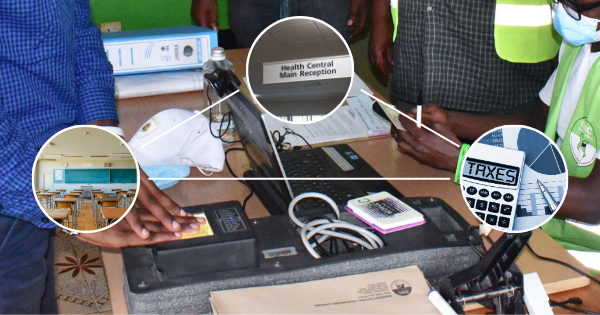By Selly Neema – International Relations & Strategic Communications
Growing up, I have always been full of questions. Some big, some small, but always persistent. Back then, I was not quite confident enough to ask them out loud. Today, I have learned that questioning is not just about curiosity, it is a form of participation. A step towards being present in the life of my country.
Last year’s Finance Bill protests reminded me of this. For a moment, it felt like the country was waking up. People showing up in numbers, asking hard questions and demanding better. It felt powerful. But as the days passed, I noticed the energy shift. The same timelines that were full of protest chants gradually slipped back into business-as-usual. I began to reflect. Maybe we are not just facing broken systems, but also a culture that struggles with consistency. Not because we do not care, we do, but perhaps because we have inherited a way of doing things that prioritises quick wins over long-term change.
I found it admirable when people started turning the mirror inward. There was a growing recognition that some of the challenges we face, such as corruption and poor leadership, are also sustained by habits, mindsets and even quiet justifications that many of us hold. Statements like “ingekuwa wewe ungefanya the same thing” are common, reflecting a deeper struggle with how we view integrity and responsibility. At the same time, I saw something else: how much of our engagement, especially online, often sits at the surface. Terms like “governance,” “rights,” and “policy” are used frequently, but not always fully understood. It is no fault of any one person, perhaps it is a signal that civic literacy has not quite been embedded in how we learn, engage, or grow as citizens.
What would it look like if more of us understood how the Constitution protects us? If we were familiar with the role of the National Assembly versus the County Assembly? If we knew when public participation forums were happening, and showed up? I do not think the solution lies in judgment, but in gently reimagining how we approach civic life. It is about making information accessible, turning big ideas into everyday conversations, and showing that participation is not just voting — it is about staying involved between elections too.
For me, the way forward starts with a mindset shift. One from momentary outrage to long-term involvement. From questioning what others are doing wrong to asking, “What role can I play, however small, in making things better?” There is something powerful in knowing that change, sometimes, does not always have to be ‘loud’. It can be slow, steady, and grounded in quiet consistency. And perhaps that is the invitation. To not only raise our voices during crises, but to keep them steady and thoughtful even in the ‘quiet’ seasons. We do not necessarily need perfect systems to begin, we just need the willingness to keep showing up.
Join our WhatsApp channel here for inspiring insights on social issues





One Response
Nice share!